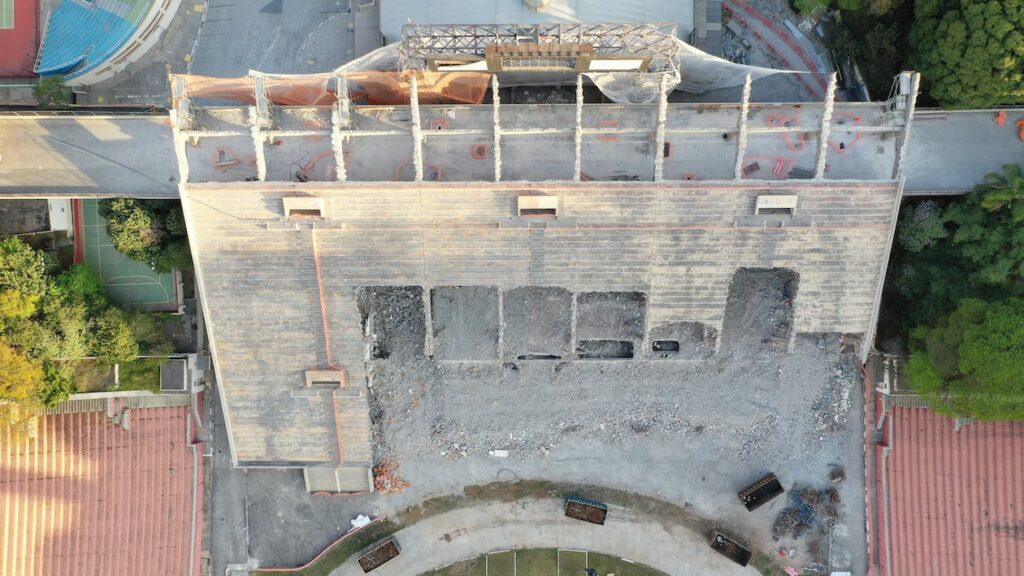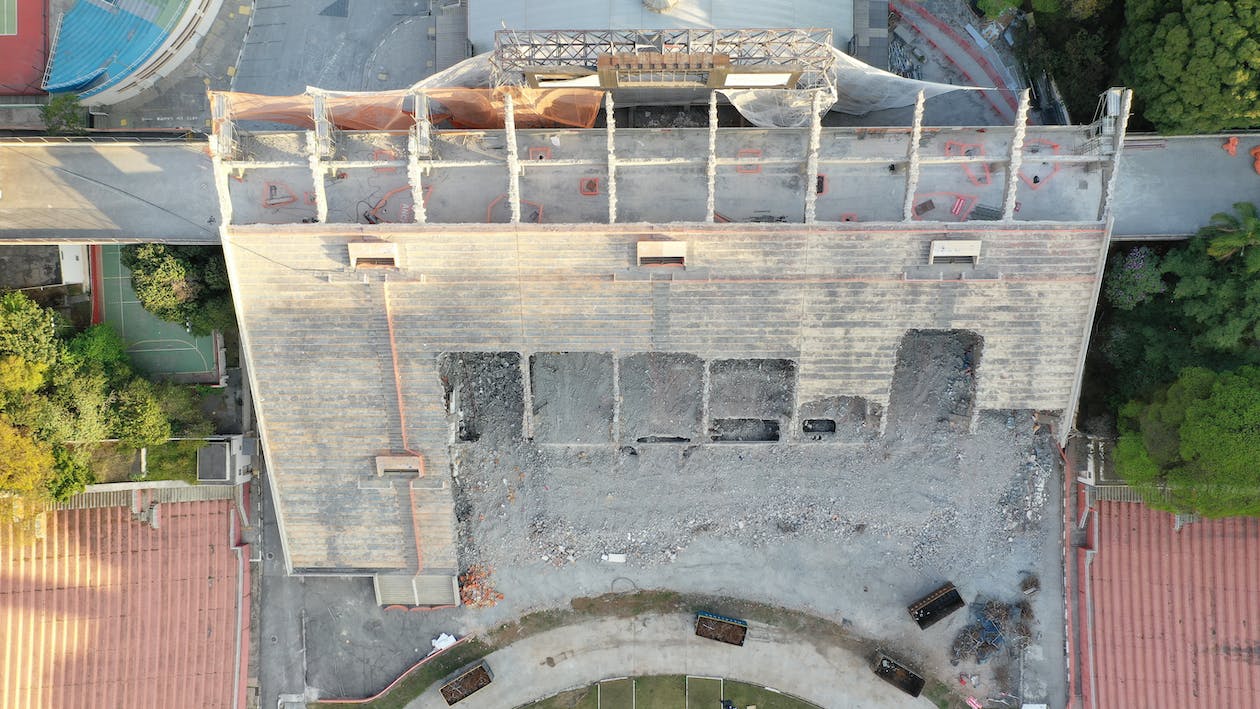Construction jobs can be split into two distinct types: cost-plus and lump sum. We must first establish what a cost plus job is as opposed to a fixed or lump sum job. A fixed job in construction is where the contractor agrees to do the work for a set cost. They will not receive any more money no matter how much the cost of materials and other associated expenses rise.
On the other hand, cost plus jobs are contracts in which the contractor is reimbursed by the customer for all their qualifying costs, plus an additional fee which is tacked on top. The fee is generally a percentage of the total cost, and serves as profit for the contractor. It is intended to cover the contractor’s overhead and profit. In contrast to this, the aforementioned lump sum contract is a fixed price contract in which the contractor agrees to complete the work for a predetermined price.
There are several advantages and disadvantages to both types of contracts. For example, cost plus contracts may have higher up-front costs associated with them, but they also offer some peace of mind to both parties involved. If material or other expenses rise during the course of construction, the cost plus contract allows the contractor to be reimbursed for those additional expenses. This can help avoid cost overruns, which can often lead to construction delays and cost the customer more money in the long run.
Fixed contracts, however, may result in lower up-front costs. Despite this, they can also lead to cost overruns if material or other associated expenses rise during construction. This is because the customer has agreed to pay a set amount no matter what, so any cost increases must be absorbed by the contractor. This type of contract often puts more pressure on the contractor to control costs and may result in lower quality workmanship as corners are cut to try and stay within the set budget.

Other potential negatives associated with fixed cost contracts that you may want to look out for include :
- Requiring the contractor to purchase all necessary materials upfront, which can tie up a lot of capital that could be used elsewhere
- The possibility that the customer will try to scope creep, or add on additional work that was not originally agreed upon, which can eat into the contractor’s profits
- No incentive for the contractor to finish the job early, as they are being paid a set amount no matter how long it takes to complete the work.
On the contrary, cost plus contracts have a few potential disadvantages of their own that you should be aware of, including:
- Higher up-front costs associated with this type of contract
- The potential for cost overruns if material or other associated expenses rise during construction
- The possibility that the contractor will take advantage of the cost plus contract and inflate their costs in order to increase their profits.
So, which type of contract is right for you? Ultimately, it depends on your specific needs and objectives for the construction project. If cost certainty is your top priority, then a fixed cost contract may be the way to go. This is because you will know exactly how much the job will cost from the outset and there is no risk of cost overruns. However, if you are more concerned about getting the best possible value for your money, then a cost plus contract may be a better option as it gives the contractor an incentive to control costs and keep them as low as possible.
While both types of contracts have their advantages and disadvantages, cost plus contracts usually offer more protection and peace of mind to customers. They may have higher up-front costs, but in the long run they can save money by avoiding cost overruns. For these reasons, cost plus contracts are often a good option for construction projects. No matter which type of contract you choose, make sure you are using a construction management software to track project progress and costs so that you can stay on top of things and avoid any nasty surprises down the line.

There are more reasons as to why the cost plus feature in a construction management software may be useful. For one, it can add value to your project by giving you greater visibility into your costs. With this feature, you can see exactly how much each aspect of your project is costing you. This information can be invaluable in helping you to control costs and stay on budget. Additionally, the cost plus feature can help you to negotiate better prices with vendors and subcontractors. By knowing exactly how much each item costs, you can be sure that you are getting the best possible price.
The cost plus feature included ina. software can be a great addition to your construction project management. With this feature, you can add the cost of materials and other costs associated with the job into the software. This can help you keep track of your spending and help you stay on budget. Additionally, the cost plus feature can also aid you in estimating future costs for your construction projects. This can be extremely helpful when planning future projects. By having an accurate estimate of future costs, you can avoid overspending and ensure that your construction projects are completed on time and on budget.
Wunderbuild is a construction management software that offers a cost plus feature on top of a fixed cost contract. This can be helpful if you need to keep track of your spending and want to stay on budget. With this feature, you can add the cost of materials and other costs associated with the job into the software. Additionally, the cost plus feature can also help you estimate future costs for your construction projects. This can be extremely helpful when planning future projects. Having an accurate estimate of future costs will allow you to manage finances more efficiently and avoid overspending, ensuring that your construction projects are completed to a tee.
If you are looking for a way to add value to your construction projects, Wunderbuild’s cost plus feature may be just what you need. Try it today!
Visit our website here to learn more about Wunderbuild and our cost plus feature.




